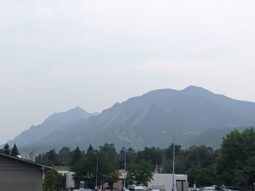 In this week’s show Beth speaks with science writer, educator, and scientist Dr. Lisa Gardiner about her recent book Reefs of Time: What Fossils Reveal about Coral Survival. Lisa studied the fossil remains of ancient coral reefs, which also suffered from environmental challenges. In our conversation, you’ll hear about how the past shapes the present, and future, of these amazing invertebrates that are keystones in ocean ecosystems. Her book describes the risks the current environment pose to these amazing organisms and the ecosystems they create, but also much much more of the significance and elegance of the corals and the reefs.
In this week’s show Beth speaks with science writer, educator, and scientist Dr. Lisa Gardiner about her recent book Reefs of Time: What Fossils Reveal about Coral Survival. Lisa studied the fossil remains of ancient coral reefs, which also suffered from environmental challenges. In our conversation, you’ll hear about how the past shapes the present, and future, of these amazing invertebrates that are keystones in ocean ecosystems. Her book describes the risks the current environment pose to these amazing organisms and the ecosystems they create, but also much much more of the significance and elegance of the corals and the reefs.
Executive Producer: Beth Bennett
Show Producer: Beth Bennett
Listen to the show:
Podcast: Play in new window | Download (Duration: 27:11 — 27.3MB)
Subscribe: RSS



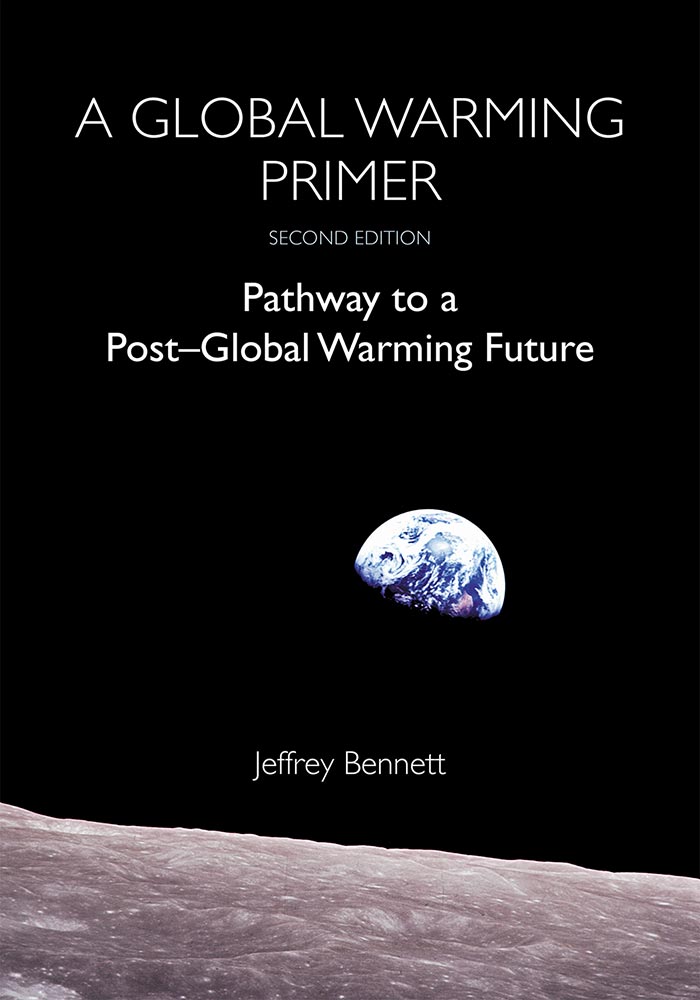 Climate change. Astronomy. A canine astronaut.
Climate change. Astronomy. A canine astronaut. 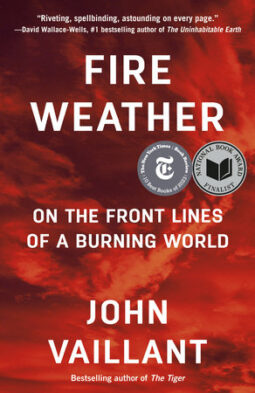 On this week’s show we replay an
On this week’s show we replay an 
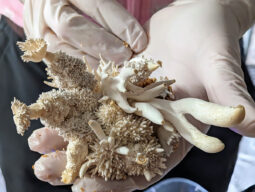
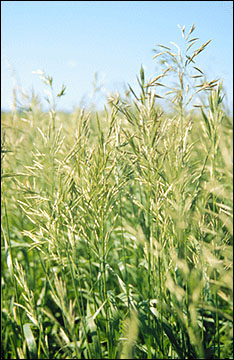 On this week’s show Beth speaks with Joe Swanson and Laura Backus to discuss some of the invasive weeds that are plaguing Boulder County. Joe is the County
On this week’s show Beth speaks with Joe Swanson and Laura Backus to discuss some of the invasive weeds that are plaguing Boulder County. Joe is the County  In this fire prone season, we talk with experts about an ancient building technique that might reduce the chance that a building’s going to burn. Unfired, compressed earth blocks are a building material that involves clay, sand and lime. Our guests are architect-engineer
In this fire prone season, we talk with experts about an ancient building technique that might reduce the chance that a building’s going to burn. Unfired, compressed earth blocks are a building material that involves clay, sand and lime. Our guests are architect-engineer 